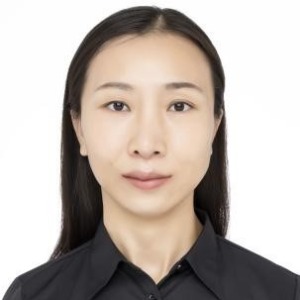Title : Diquat exposure induces brainstem demyelination and encephalopathy via upregulating the mitochondrial calcium uniporter
Abstract:
Diquat (DQ) is a widely used new herbicide that poses a great threat to the environment, ecological systems and human health. Although the Central Nervous System (CNS) is a sensitive target of DQ exposure, the major brain regions, pathological changes and underlying mechanisms of DQ damage to the CNS remain obscure. We demonstrated that the brainstem was the primary region where DQ damaged the CNS. DQ exposure damaged both neurons and glial cells and disrupted neurotransmitter metabolism. DQ caused brainstem demyelination, asindicated by the loss of myelin sheaths, decreased levels of myelination biomarkers, and abnormal myelin morphology. Mechanistically, the expression of the Mitochondrial Calcium Uniporter (MCU) was increased in the DQ-exposed brainstem, and MCU knockdown mice were less sensitive to DQ-induced demyelination and CNS injury by attenuating disturbances in brain energy metabolism via the AMPK pathway. Moreover, the inhibition of MCU efficiently improved DQ-induced mitochondrial dysfunction in vitro. Overall, this study is the first to reveal that the brainstem is the key injured brain region and that demyelination is the prominent pathological feature induced by DQ exposure. The MCU is a potential therapeutic target for DQ-induced demyelination and CNS injury. These novel findings expand our understanding of DQ-induced CNS injury and offer a promising therapeutic strategy.




